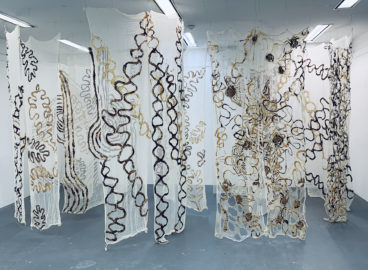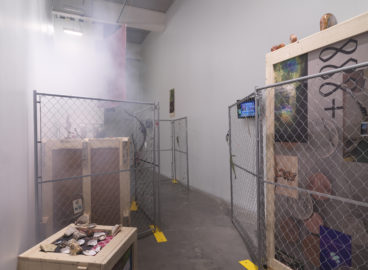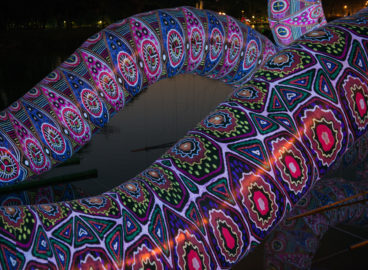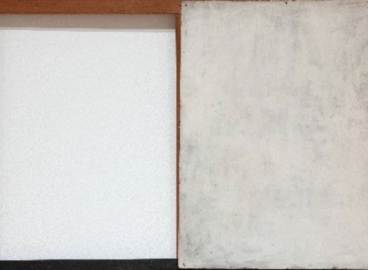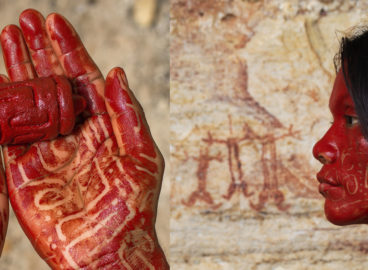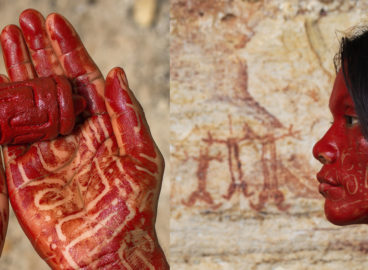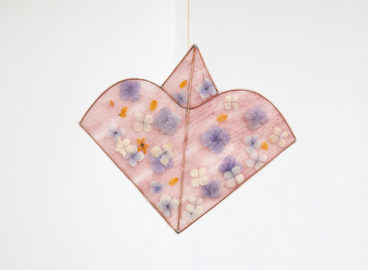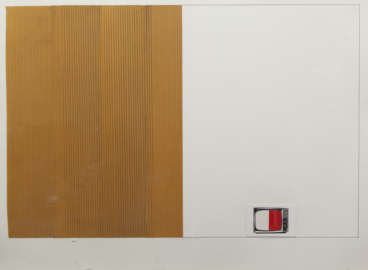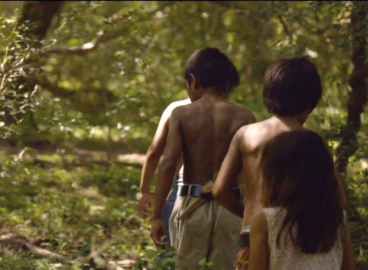Breaking Down Binaries, Feeling Contradictions: Thoughts on Some of the Conundrums Concerning Art’s Ecologies
Sarah Lookofsky, former Associate Director of the International program at MoMA, rumintes on the presentations and conversations held on Day One of the 2022 C-MAP seminar. Lookofsky calls out the contradictions of art’s embeddedness with various ecologies, rehearsing her own writing-thinking as produced by a “dumpy dialectic.”
